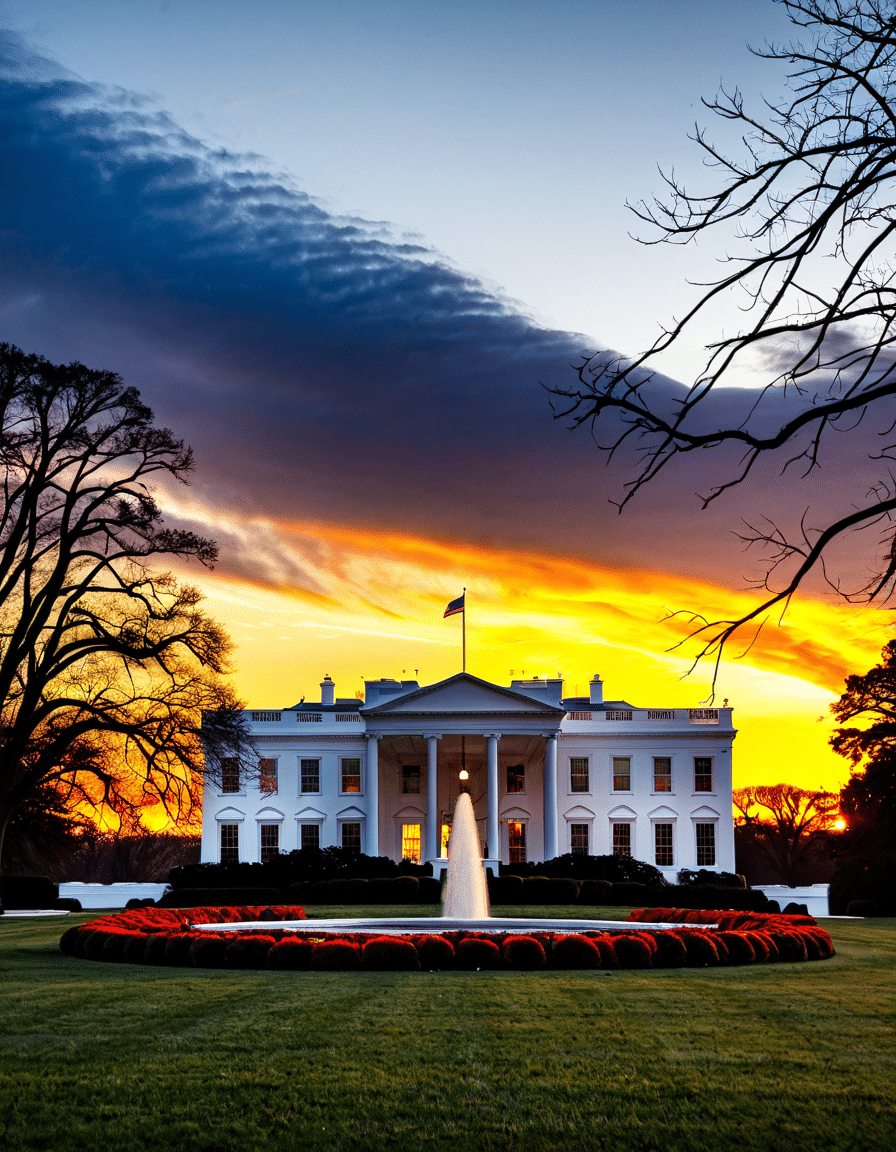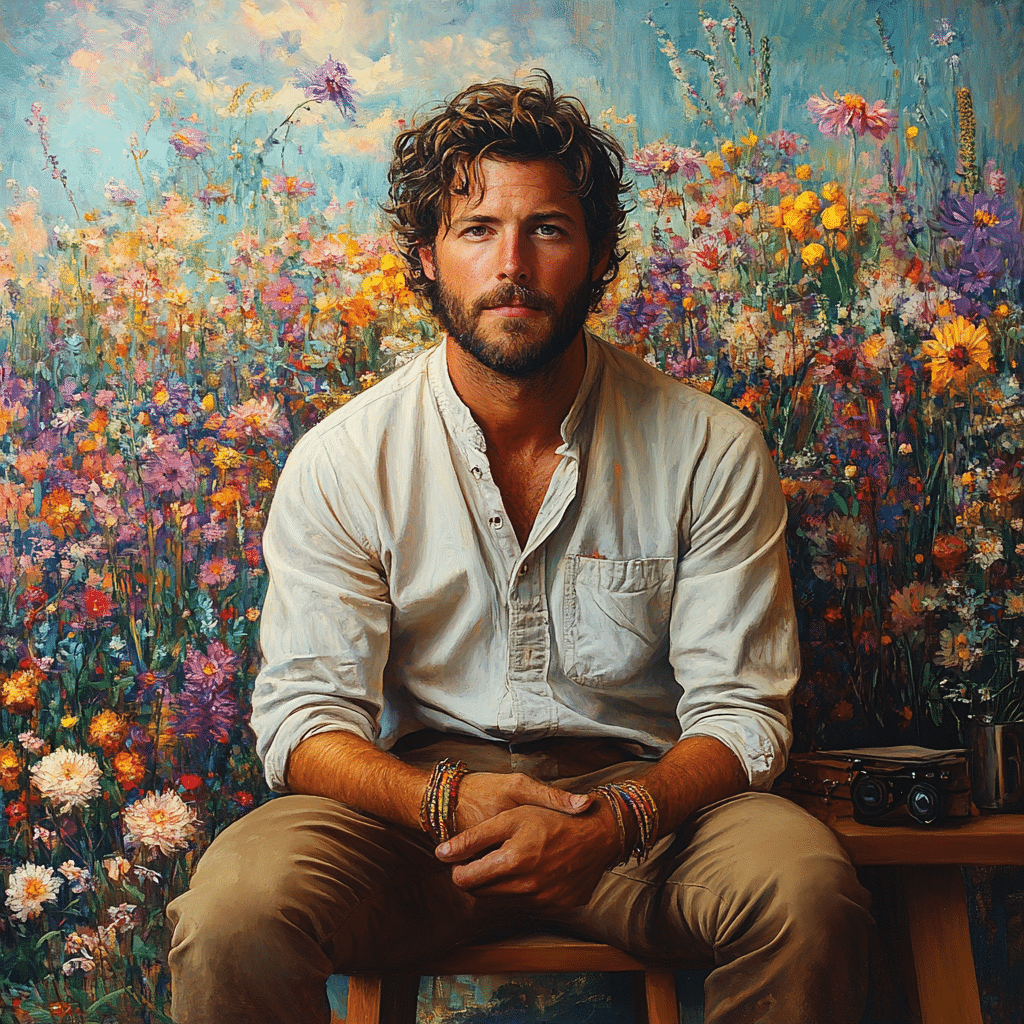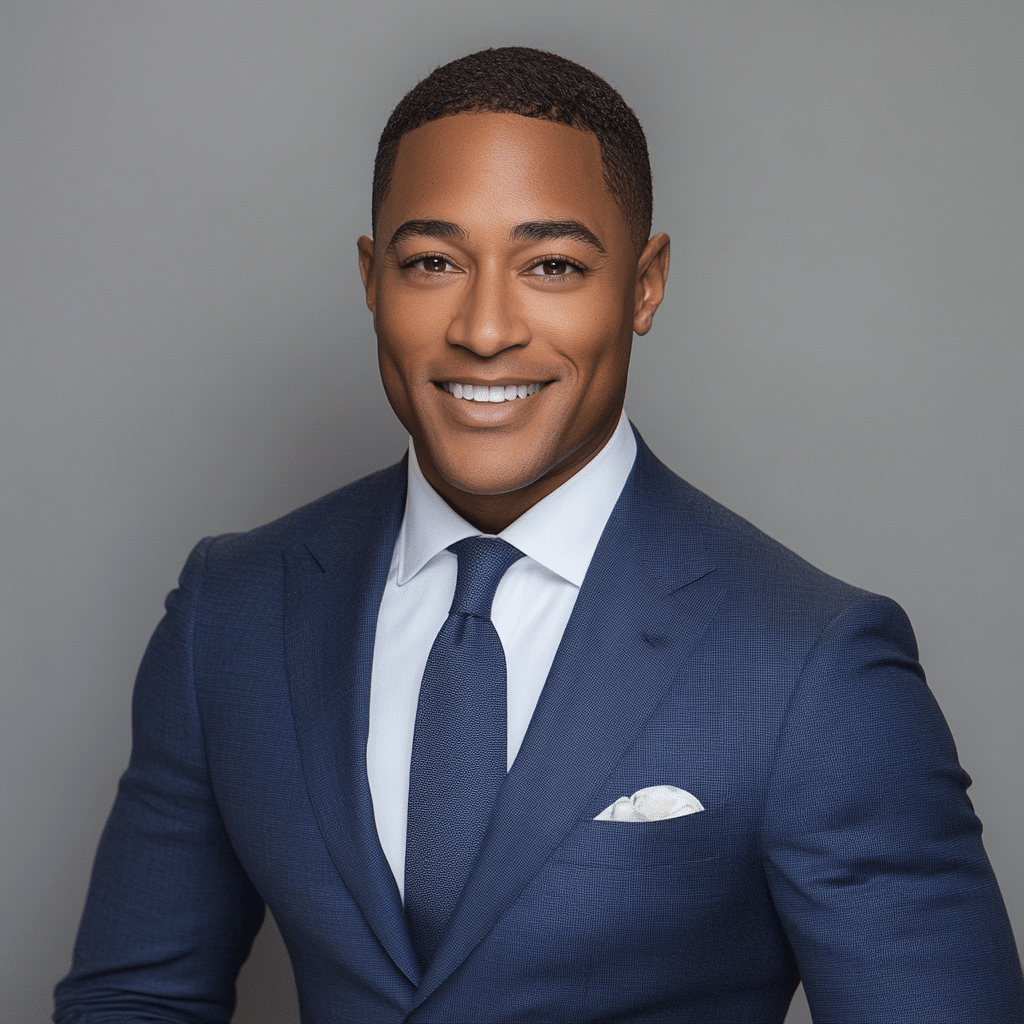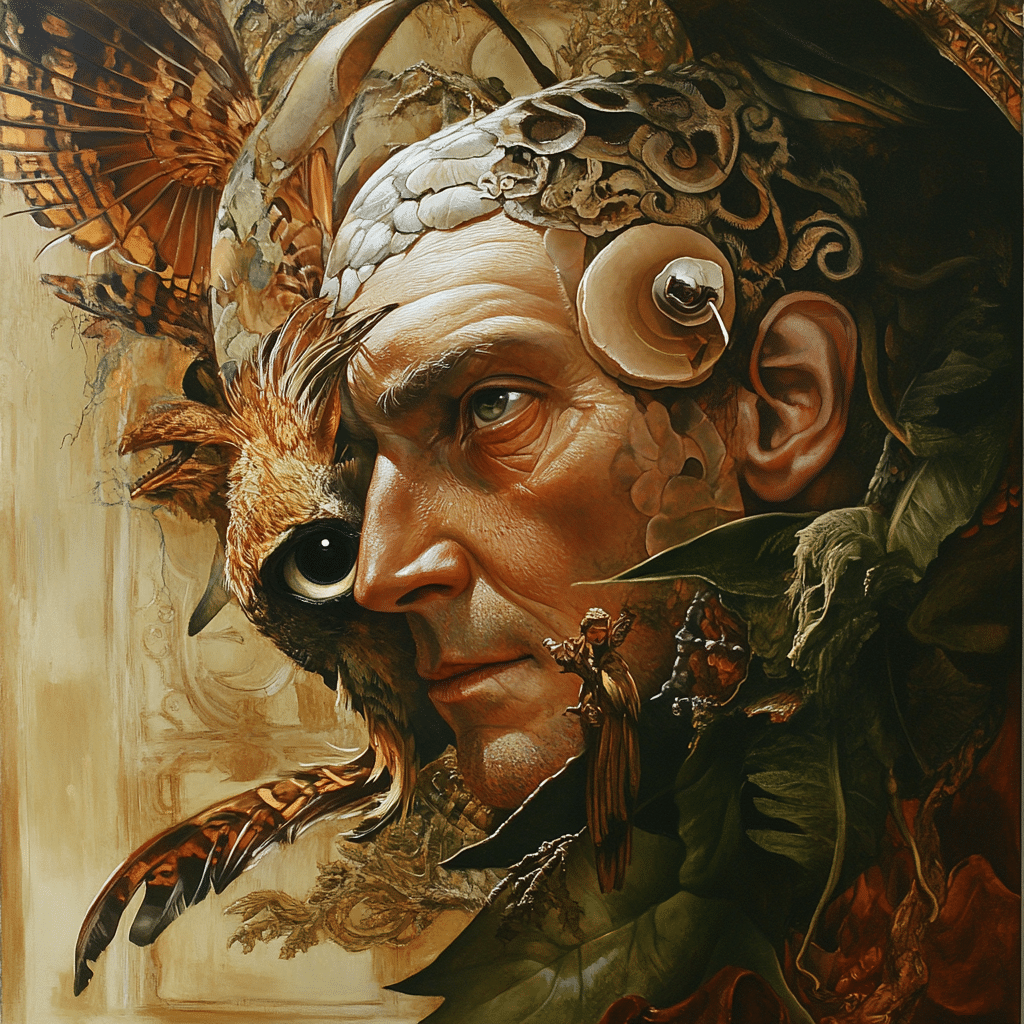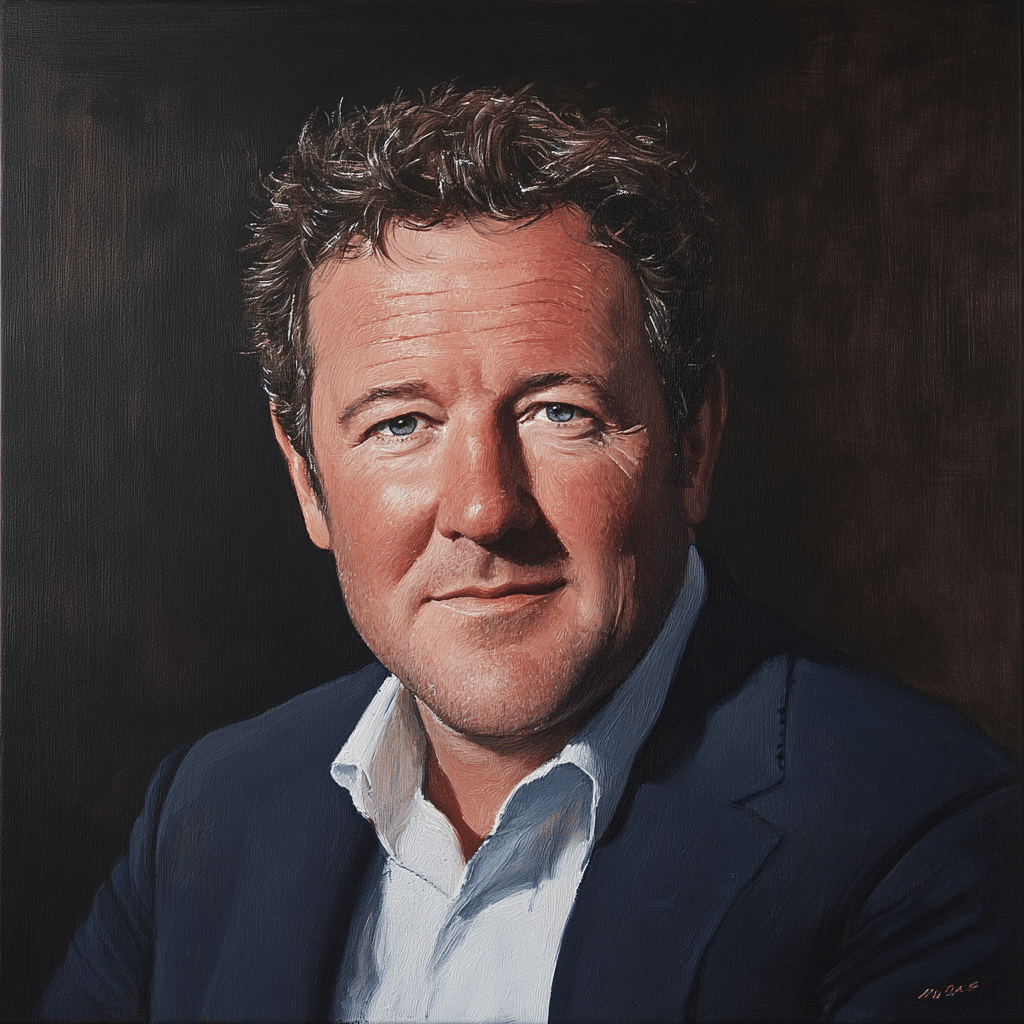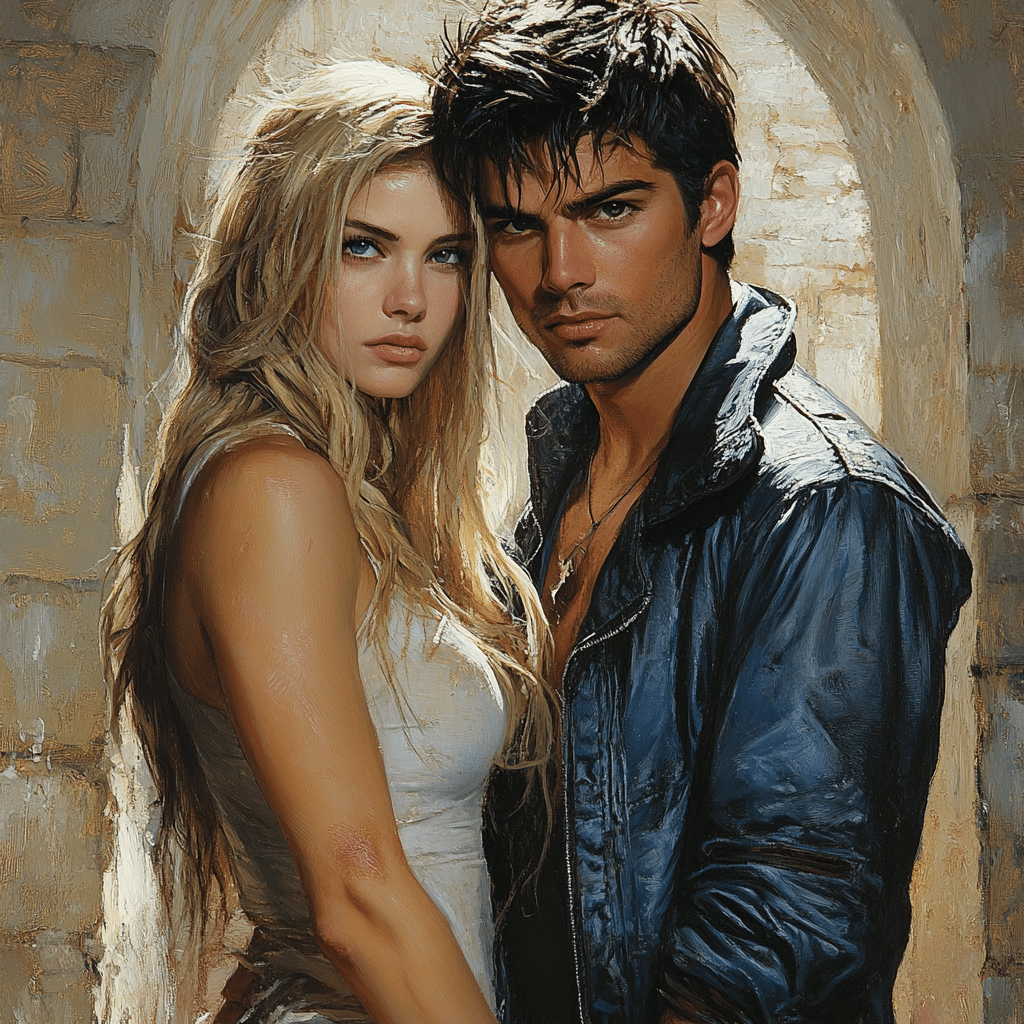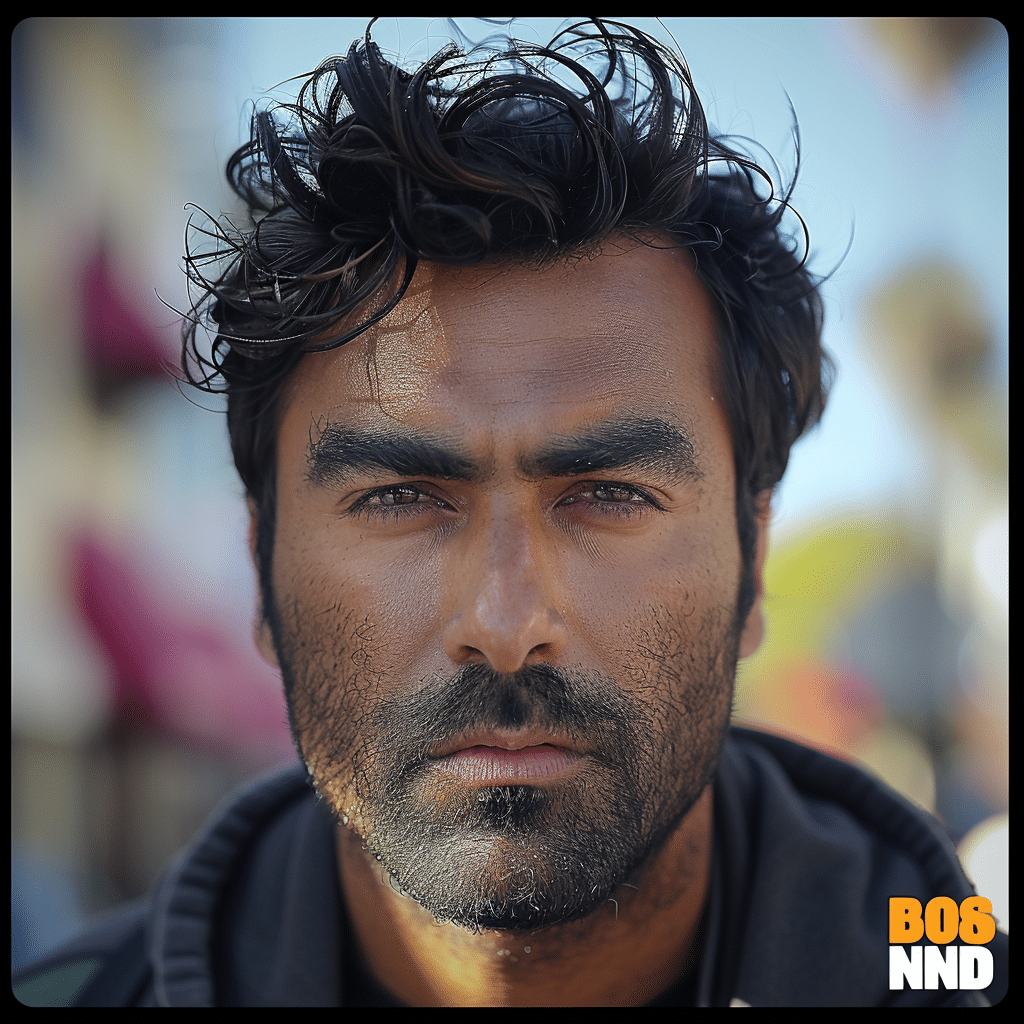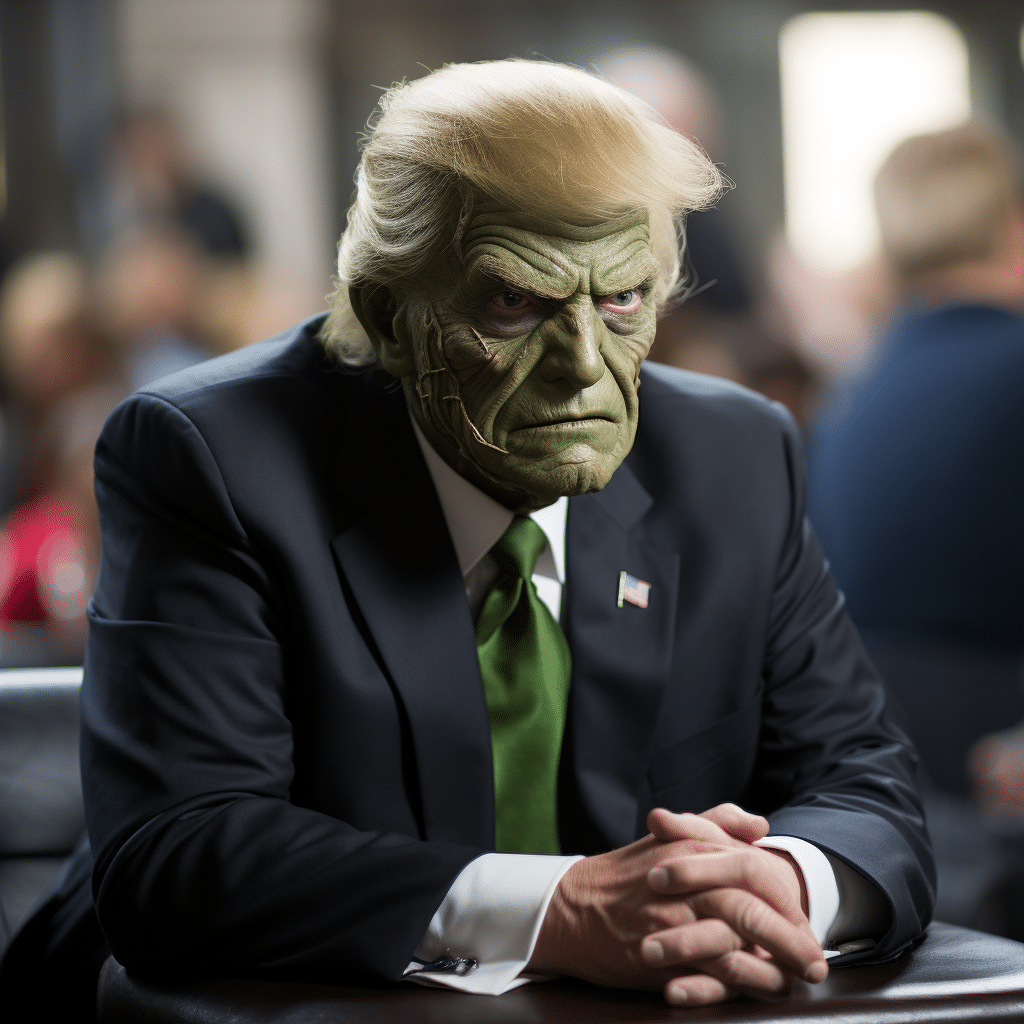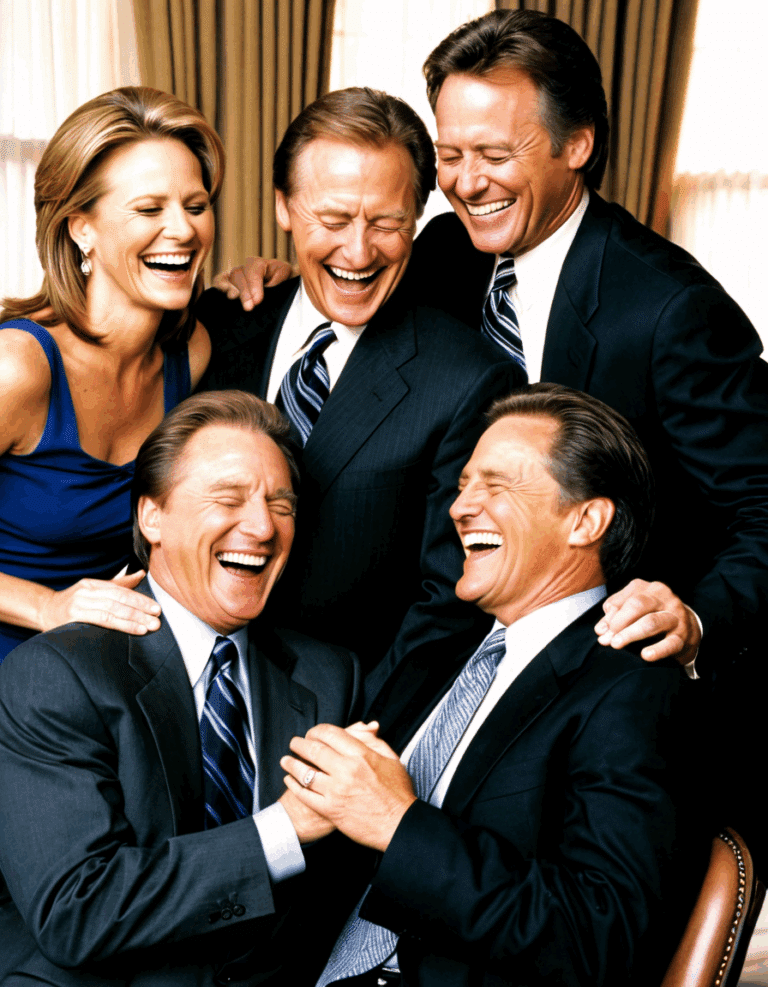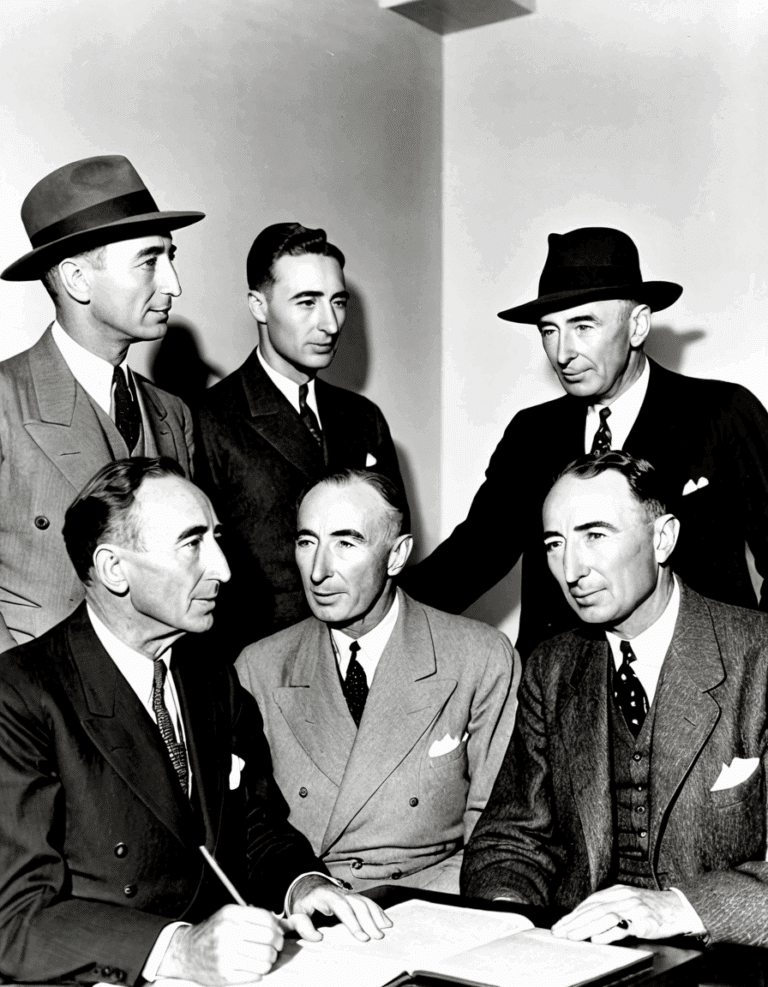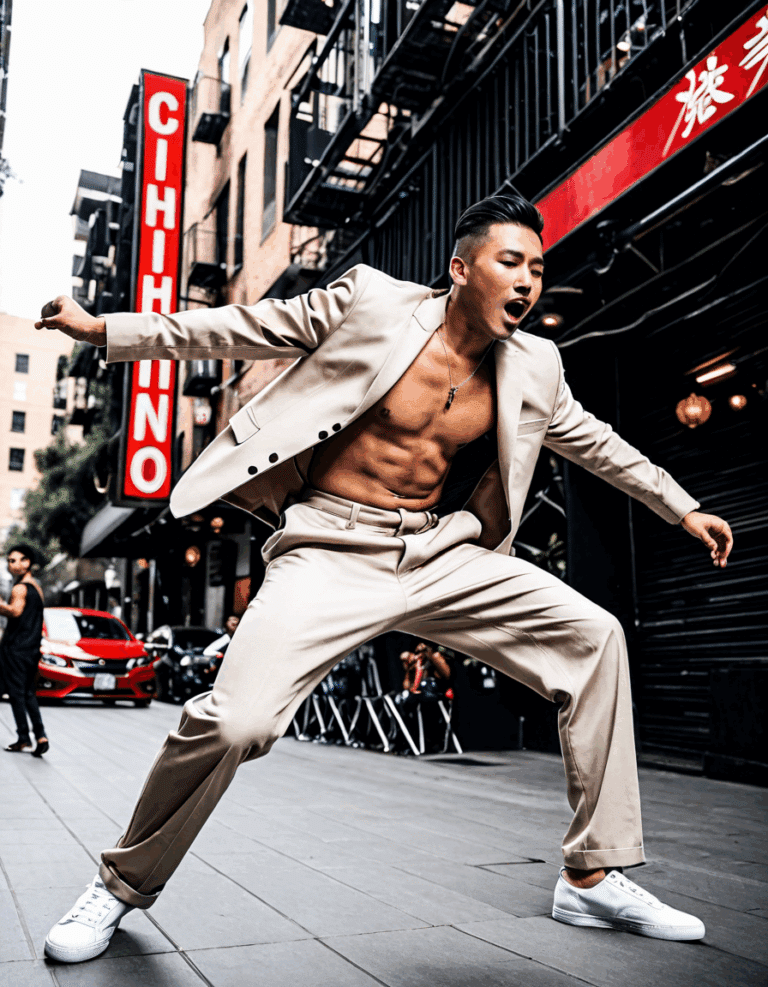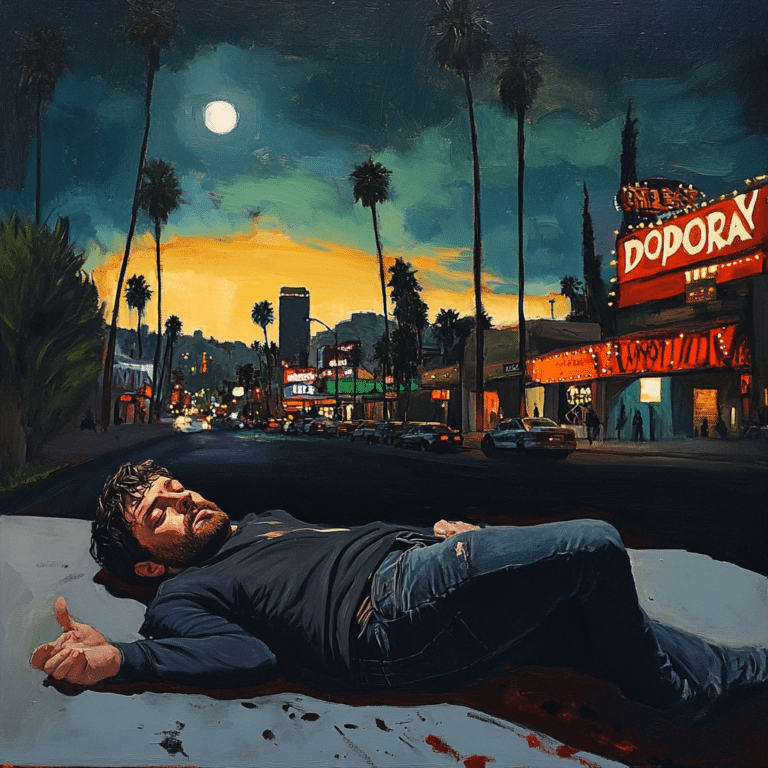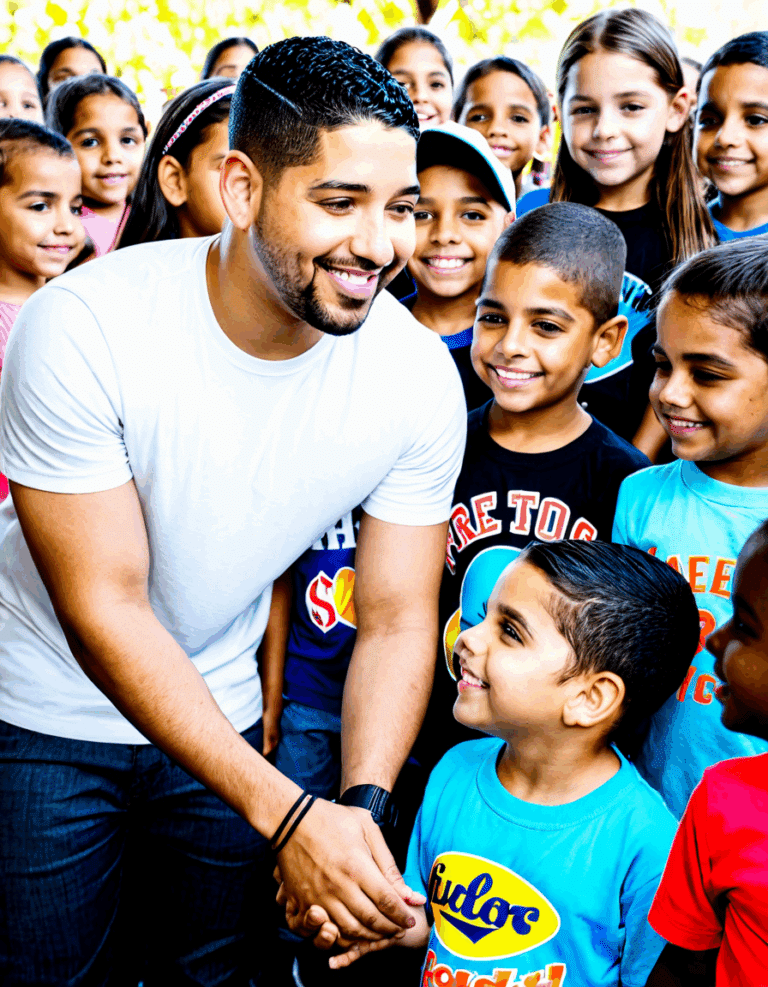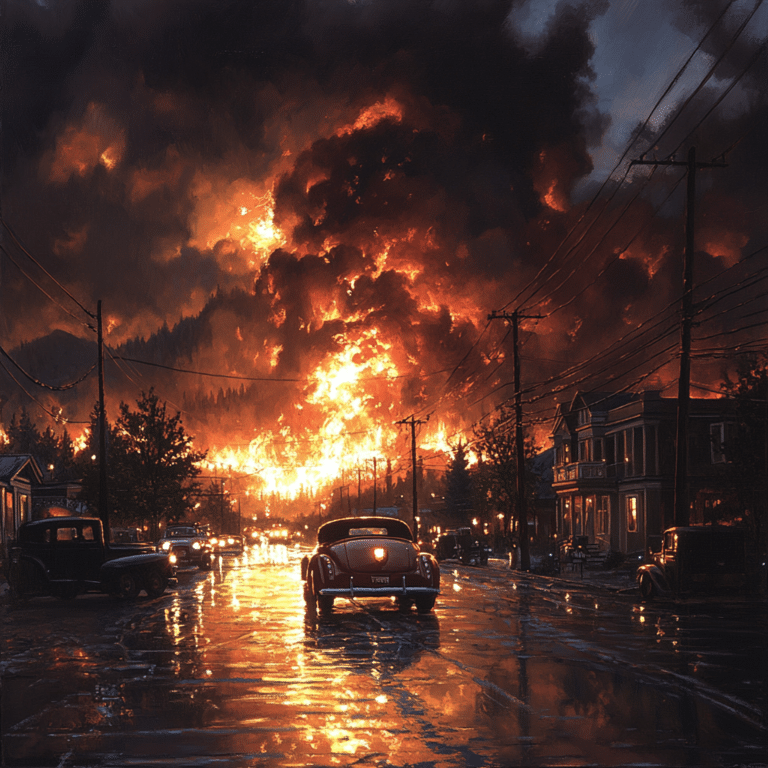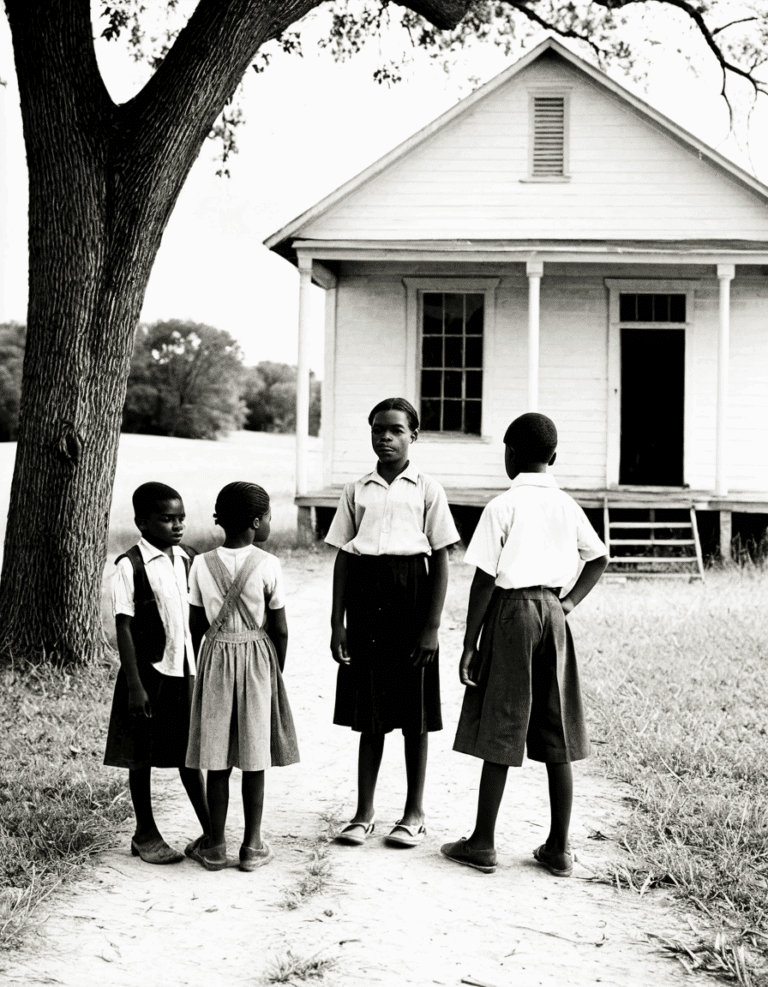“The West Wing” remains one of the most influential political dramas in television history. Celebrated for its sharp writing, complex characters, and insightful portrayal of political life, the series has left an indelible mark on how we view governance. In today’s environment, where politics can feel like a rough-and-tumble wrestling match rather than a place for collaboration, the lessons from “The West Wing” resonate louder than ever. This show not only entertained us but also educated audiences about human relations, decision-making, and the bedrock principles of integrity. Let’s dive into the enduring impacts of “The West Wing” and uncover how it provides guidance for both citizens and those fancying political ambitions.
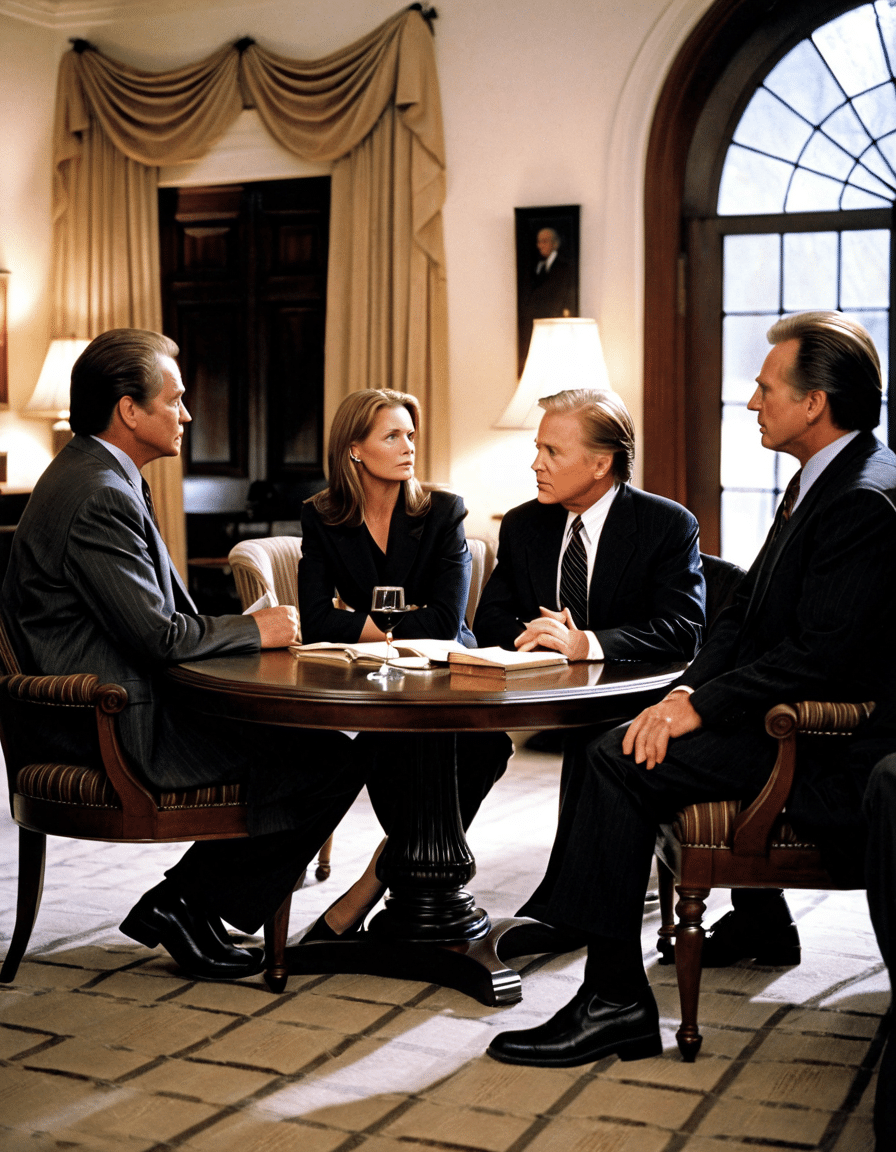
The West Wing: 7 Lessons from “The West Wing” That Still Resonate Today
1. The Power of Idealism in Politics
At the heart of “The West Wing” lies a powerful message about idealism. Characters like Josiah Bartlet, played by Martin Sheen, prove that values should never get lost in the chaos of politics. It’s refreshing to watch a character who stands firmly behind his beliefs, especially when faced with obstacles that would make even the strongest among us reconsider their course. Today, many leaders prioritize quick fixes and convenient compromises over real principles, but Bartlet’s journey reminds us that staying true to core values can indeed spark meaningful change. Talk about inspiring!
2. Collaboration is Key
The ensemble cast of “The West Wing” is a treasure trove of talent and charisma. From the quick-witted Josh Lyman (Bradley Whitford) to the ever-capable C.J. Cregg (Allison Janney), the show highlights the importance of collaboration and teamwork. Much like the village people tackling a local issue, their success hinges on diverse perspectives coming together. As viewers, we learned that effective governance is a team sport, something we need to keep in mind as we navigate our own realms of influence today.
3. The Role of Media in Shaping Public Perception
The intricate relationship between the Bartlett administration and the media is both fascinating and crucial to understand. Characters like Danny Concannon (Tim Daly) show us that media isn’t just a spectator but a dynamic player in politics. With the rapid dissemination of information in our social media-centric society, politicians and journalists alike bear a significant responsibility. “The West Wing” reminds both sides to communicate with intention and integrity— two essentials for a healthy democracy.
4. Women in Leadership
One of the standout characters in “The West Wing” is C.J. Cregg, who quickly became a role model for women in politics. Navigating a male-dominated sphere, she proved that leadership isn’t about gender; it’s about competence and resilience. As conversations about gender equality continue to heat up, she sets a gold standard for aspiring female leaders. Her character sends a powerful message: persistence pays off, and strength comes in many forms.
5. Crisis Management and Decisiveness
“The West Wing” is peppered with moments that test the characters in times of crisis. Be it a national tragedy or an unexpected political scandal, the team shows us the value of decisiveness. Remember the Boston Marathon bombing? The show’s portrayal of crisis response feels eerily relevant today, reminding leaders to maintain clarity and courage when calamity strikes. Bartlet’s team proves that, while maintaining poise is essential, it’s equally important to be human in trying times.
6. The Importance of Ethics and Morality in Governance
Ethics and morality often take the front seat in the show, engaging viewers with many challenging dilemmas. Each episode grapples with the balance between personal ethics and political expediency, prompting us to think critically about decisions faced by those in power. These moral quandaries are more than just compelling storytelling—they reflect realities our own leaders confront today. The show’s ongoing discussions about ethical governance are vital for anyone invested in the future political landscape.
7. Community Engagement and Public Service
At its core, “The West Wing” preaches the importance of public service and community engagement. The characters frequently sought direct input from citizens, ensuring their policies reflect the needs of “the town.” This principle shines brilliantly in today’s fragmented political climate, where politicians must stay connected with the people they serve. Engaging the community isn’t just good practice; it’s the lifeblood of effective governance.
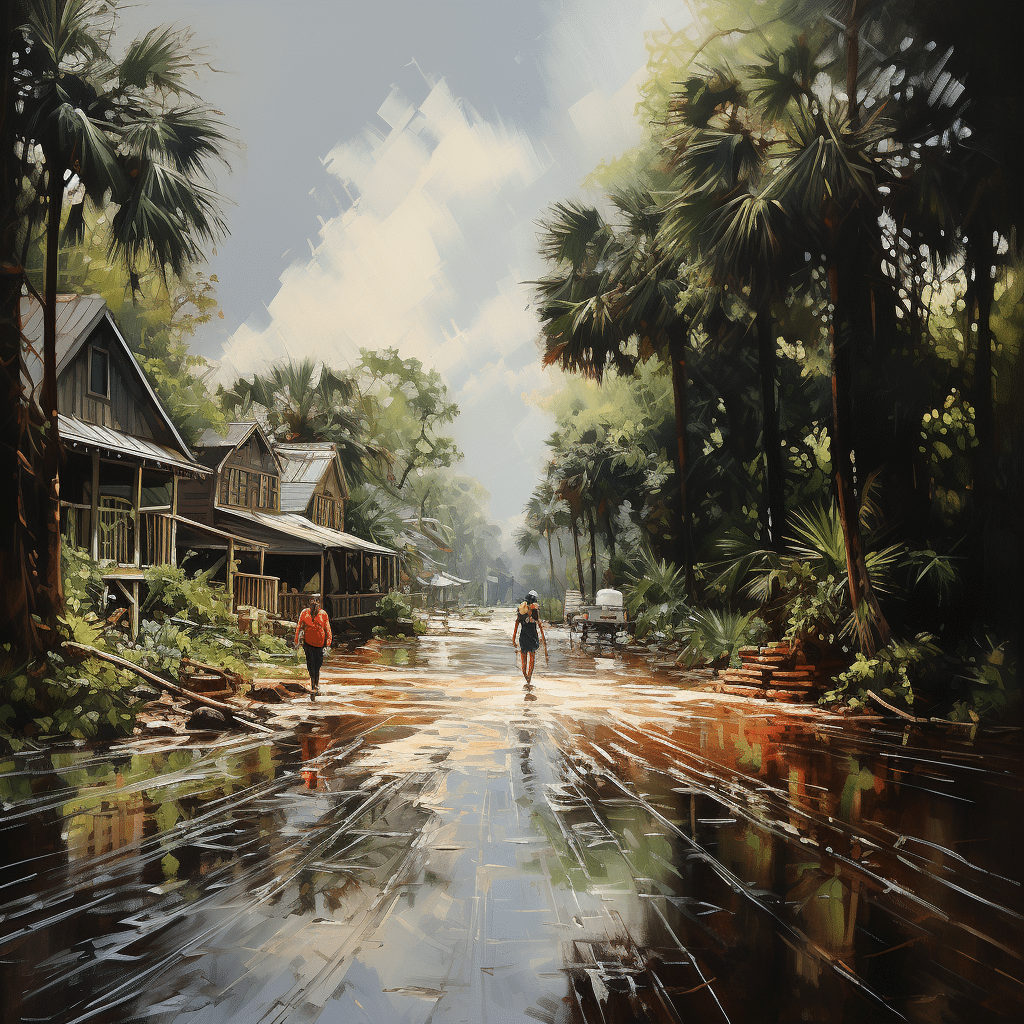
The Lighthouse of Political Messaging in “The West Wing”
“The West Wing” stands as a lighthouse, lighting up the murky waters of political discourse. It combines entertainment with profound messages about human nature and governance, leaving viewers armed with deeper insights into “the village.” Each episode serves not just as a story but as a powerful reminder to appreciate the intricacies of democracy and civic duty. It’s like a warm cup of tea on a chilly day, comforting yet thought-provoking.
From its heartwarming moments to intense political battles, “The West Wing” elegantly mirrors America’s past while influencing its future. As we tackle complex societal issues in 2026 and beyond, let this iconic series guide us toward a better political landscape. Remembering the principles of values, teamwork, and ethical leadership can transform how we engage with politics today. So, grab your coffee, hit play on your old DVD set, and remember—integrity, collaboration, and community keep the political wheels turning smoothly!
The West Wing: Inside the Iconic Political Drama
Behind the Curtain of The West Wing
Did you know that The West Wing almost had a completely different Senator as its lead character? Originally, Aaron Sorkin envisioned the show as focusing on an entirely different political figure before settling on President Josiah Bartlet, masterfully portrayed by Martin Sheen. Just like the unexpected twists you find in Memento Mori, a film about facing mortality, the development of this iconic show took its own unexpected turn. Sorkin’s ability to weave nuanced characters into a compelling narrative is reminiscent of the character dynamics in Boy Meets world, where relationships often drive the story.
And speaking of compelling characters, it’s interesting to note how the cast, including heavyweights like Allison Janney and Rob Lowe, was crafted. The chemistry among the actors was so palpable that it echoed the bonds seen in other ensemble hits like Kids (1995), making each episode a delightful exploration of characters who felt remarkably real. You could easily imagine their debates and decisions happening in actual political offices across the nation. In addition to the gripping dialogues, the rapid-fire banter has parallels with the enchanting world of “Spice & Wolf,” where clever exchanges between characters heighten the drama.
Pop Culture Connections
It’s fascinating to see how The West Wing influenced pop culture. The show created a renewed interest in political dramas, much like the resurgence of Karate Kid legends in the martial arts realm. The series enjoyed a devoted following that extended deep into the public consciousness, leading to memorable references that are still talked about today. Even characters from Black Butler might engage in political discourse, giving a nod to the show’s wide-ranging impact on storytelling in TV and film.
There’s a hidden gem that The West Wing fans might appreciate: the famous edgar Allan poe speakeasy bar directly references the literary great’s moody atmosphere. Isn’t it neat how such connections manifest through the art of storytelling? You could even argue that the optimism seen in Bartlet’s administration acts as a counterbalance to the more intense moments found in stories like Troy Moore blythewood football. Each of these narratives serves to inspire as they delve into the essence of what it means to fight for your beliefs.
So whether you’re reminiscing about The West Wing or exploring other rich narratives, one thing’s clear: great storytelling transcends genre and time, sparkles with unexpected connections, and resonates deeply within all of us.
